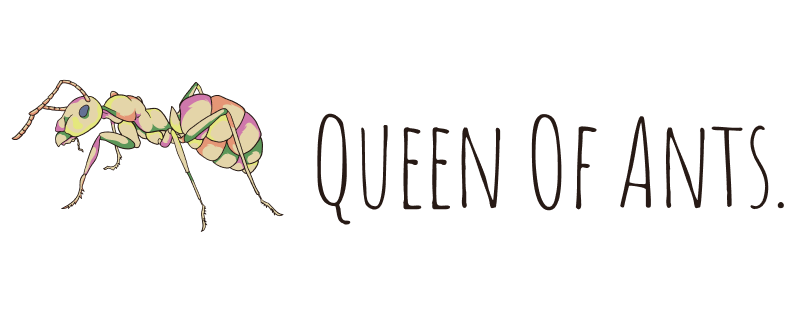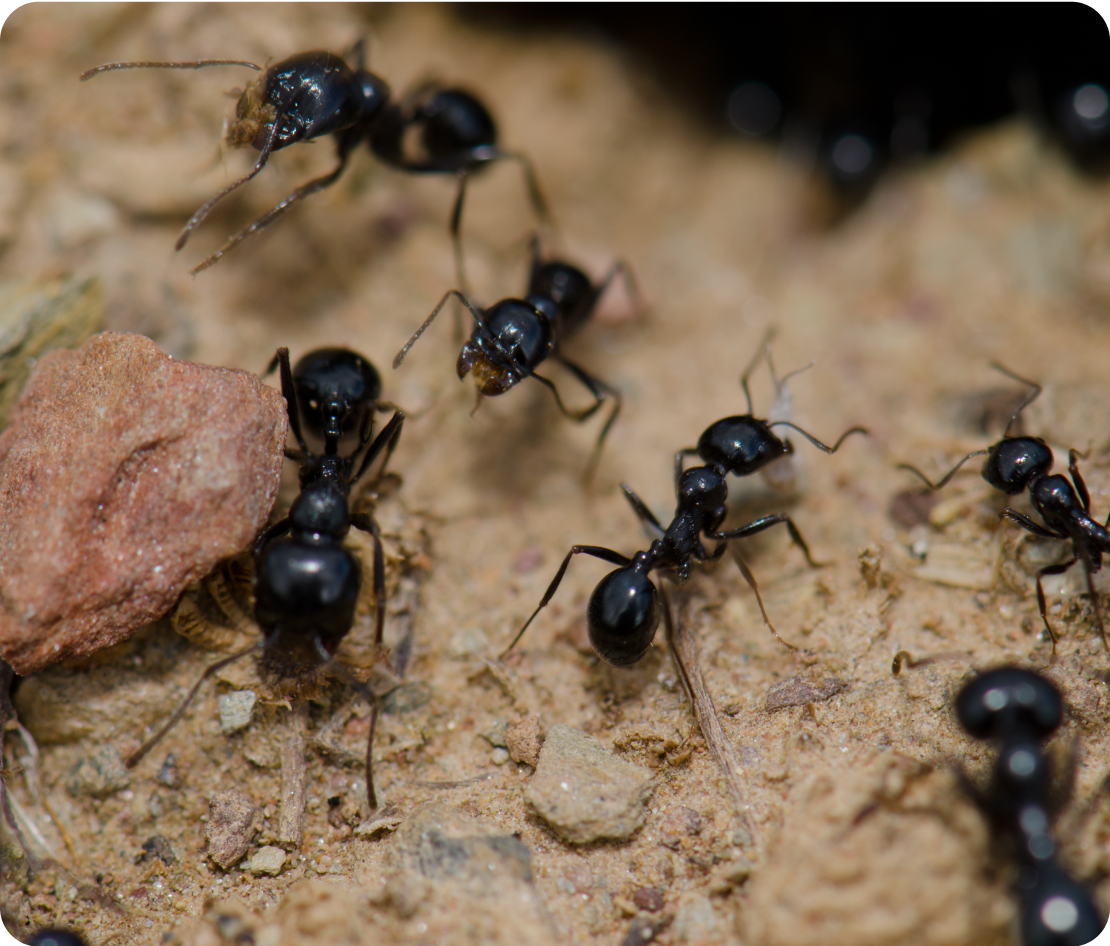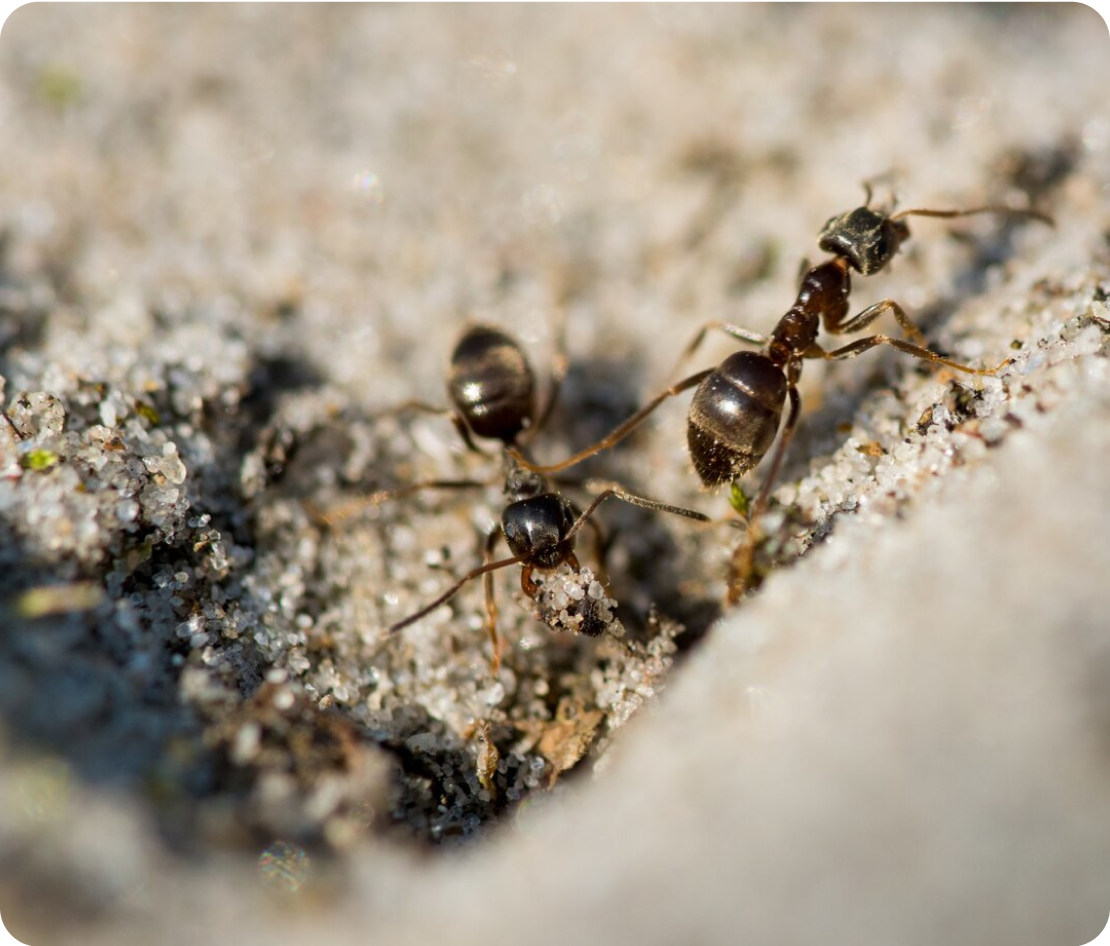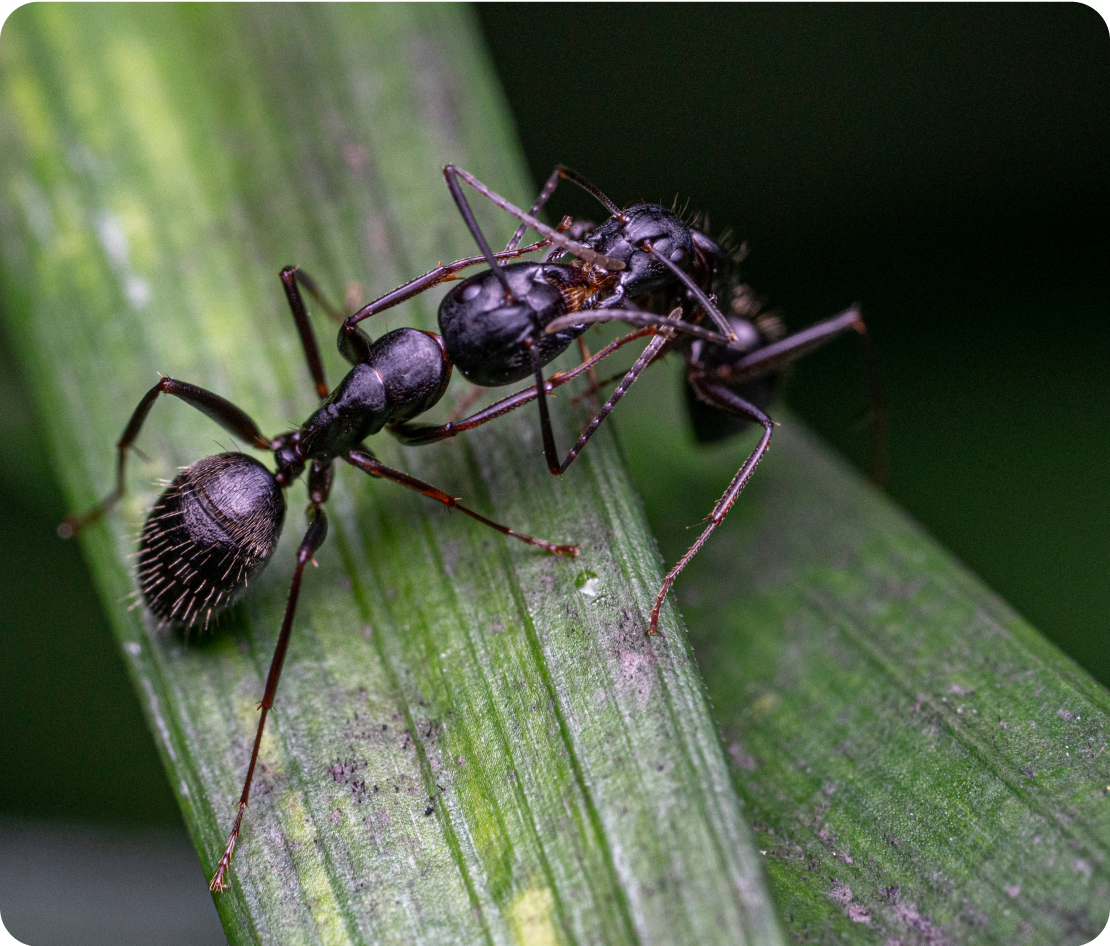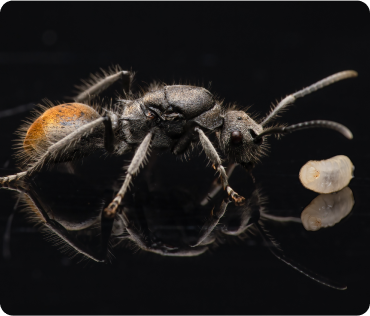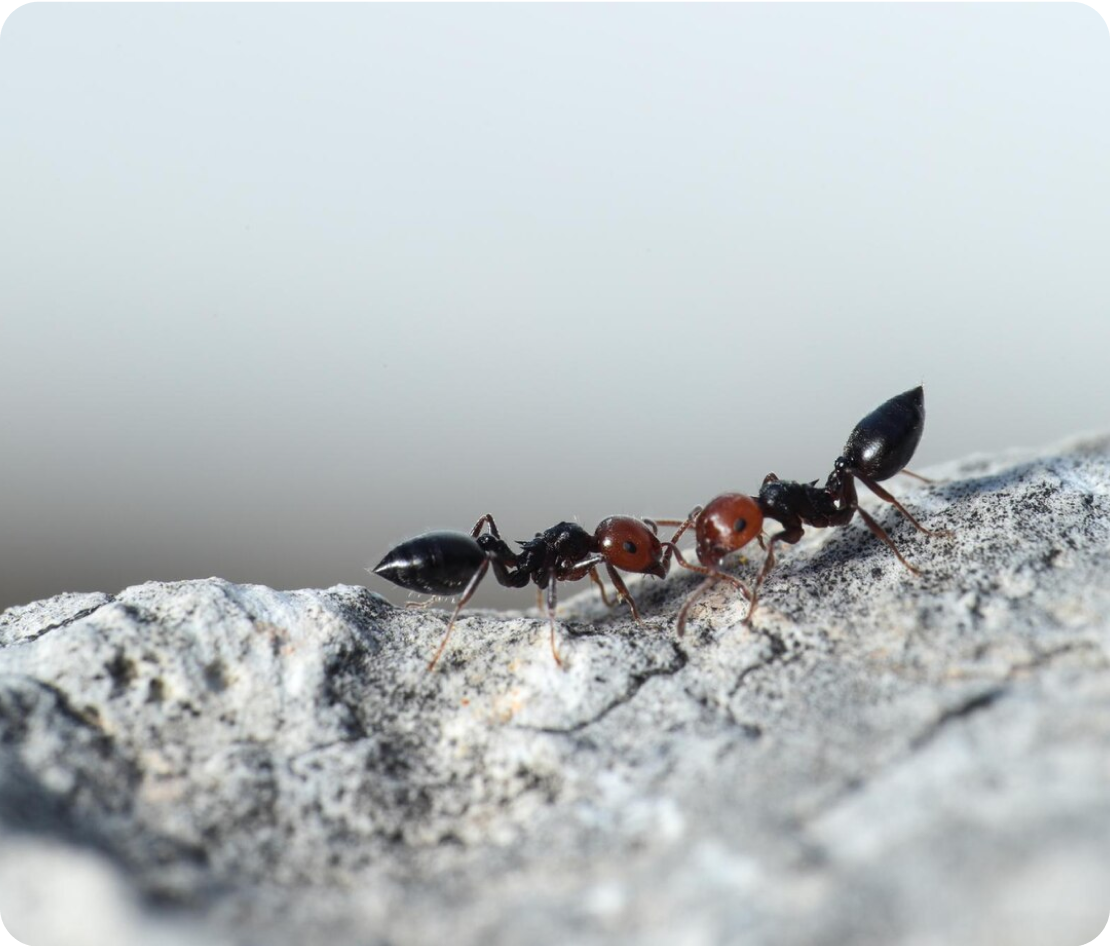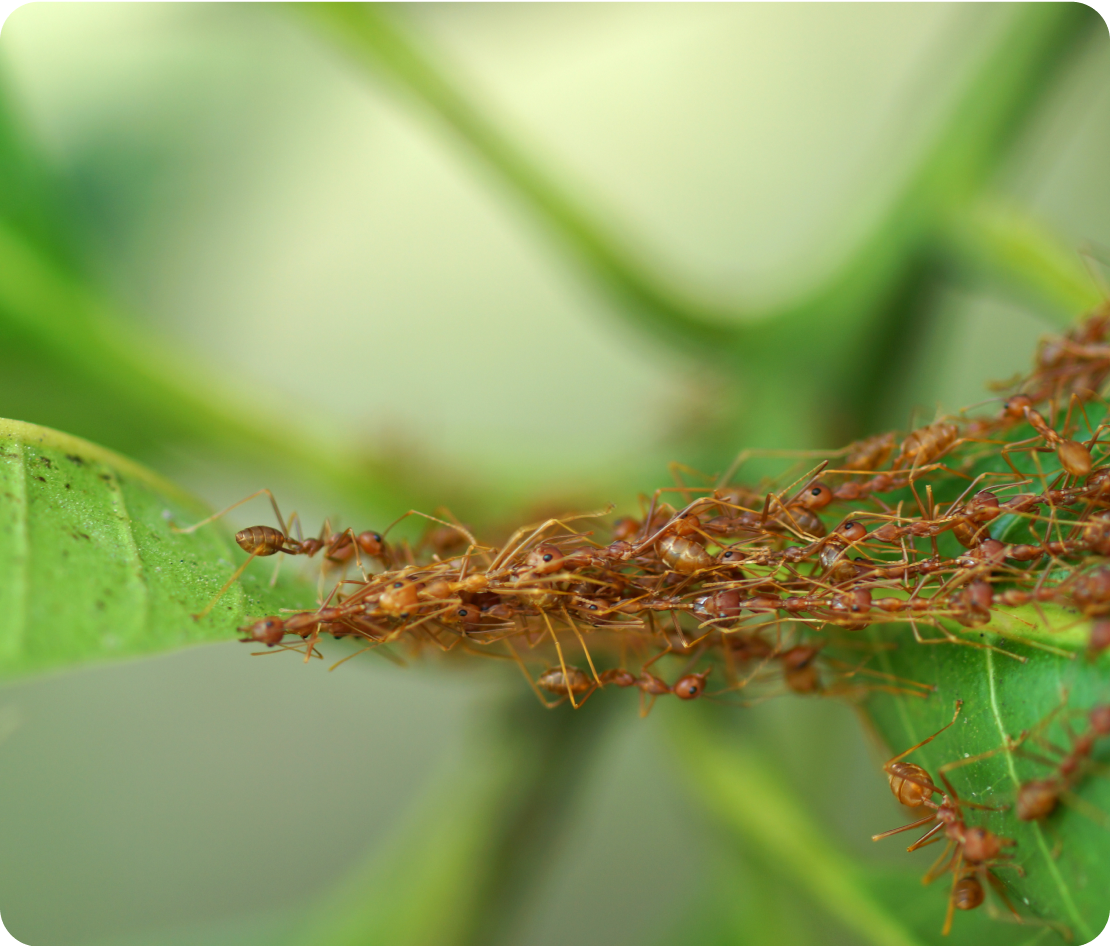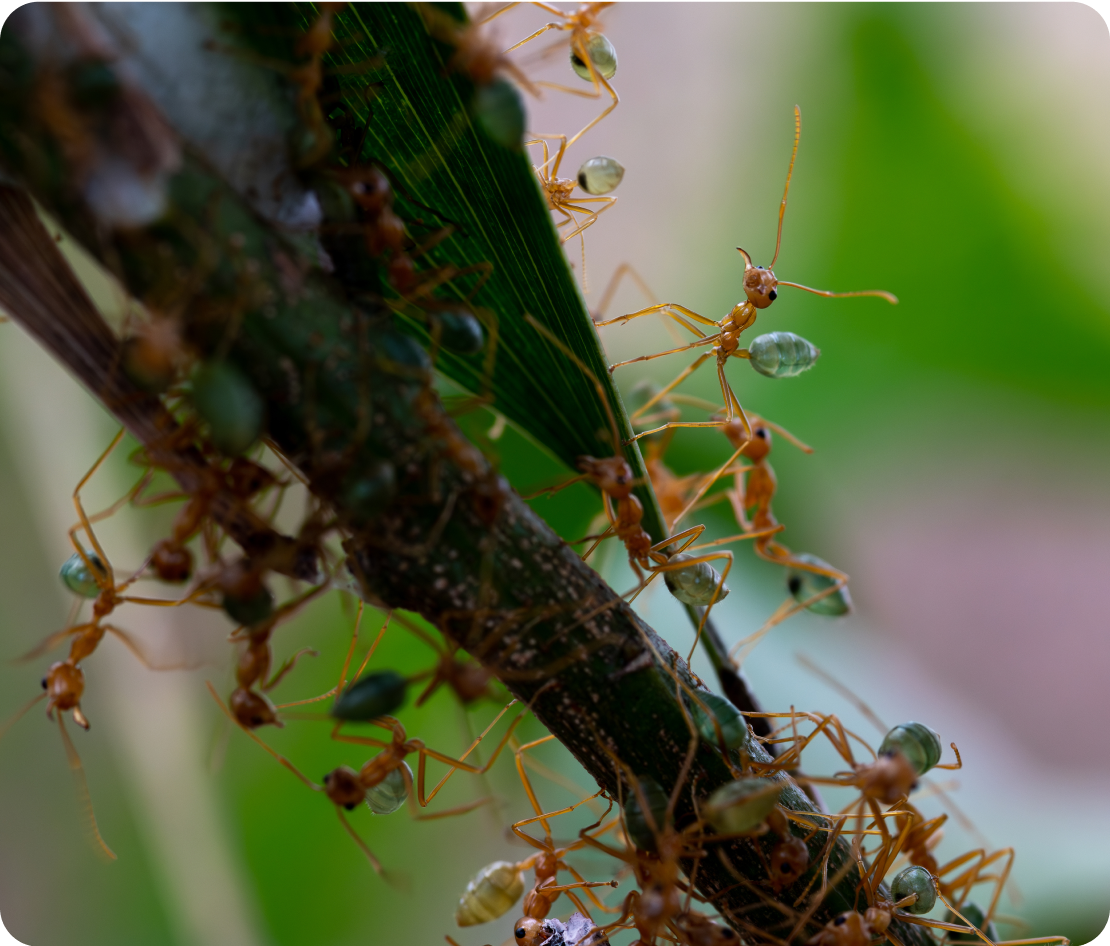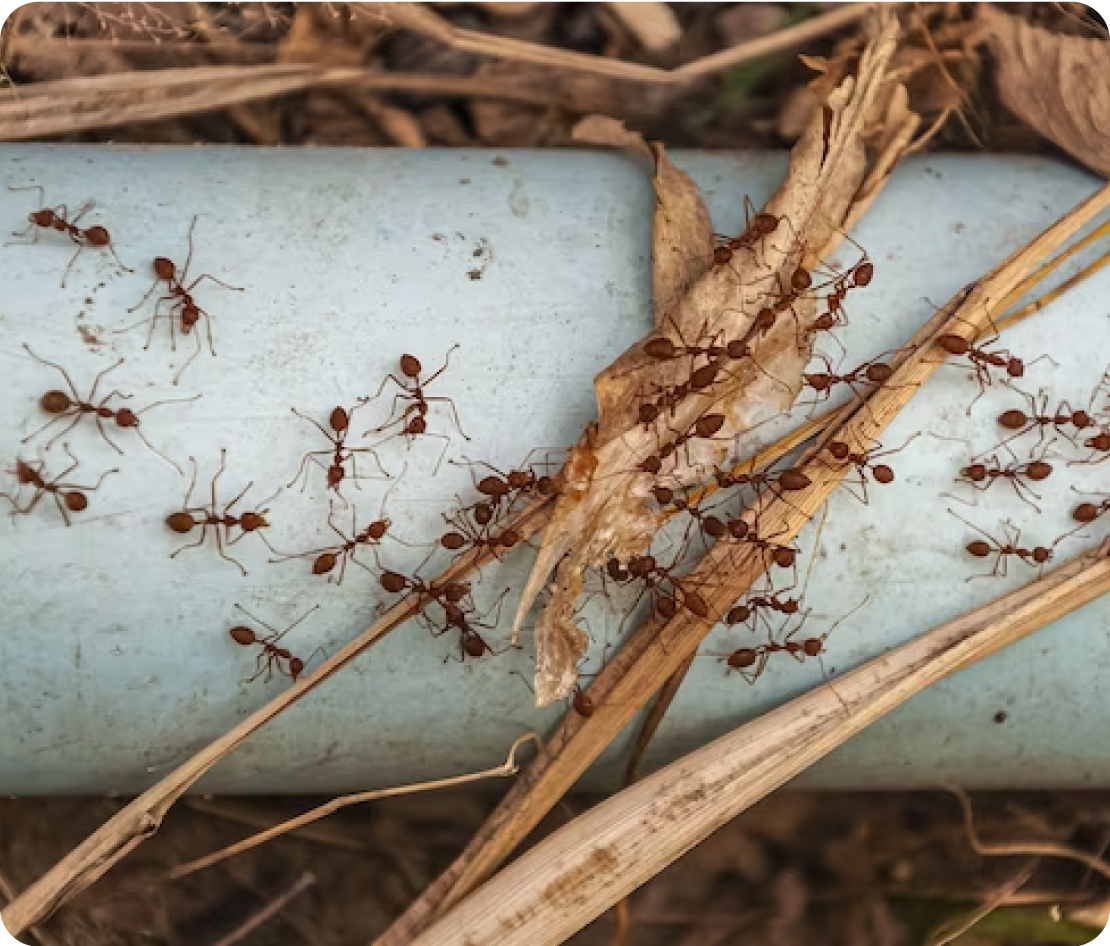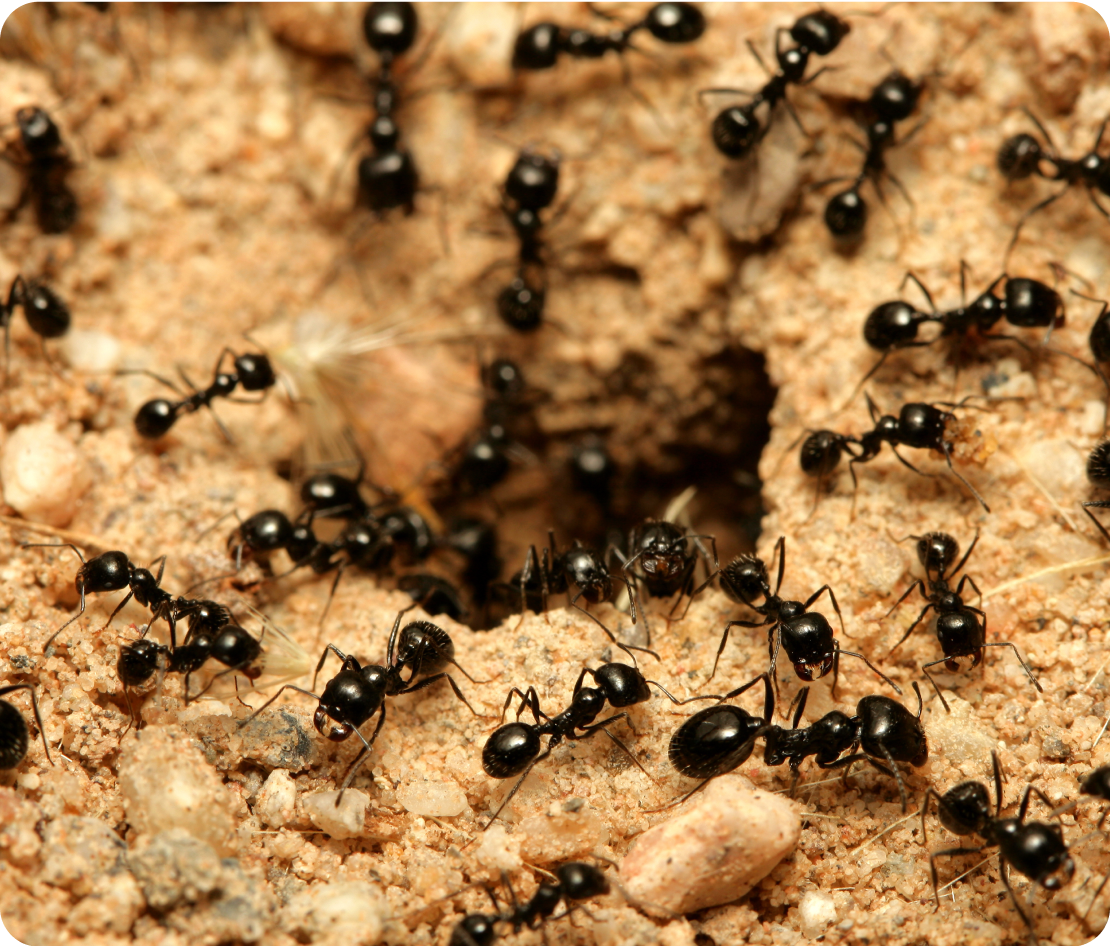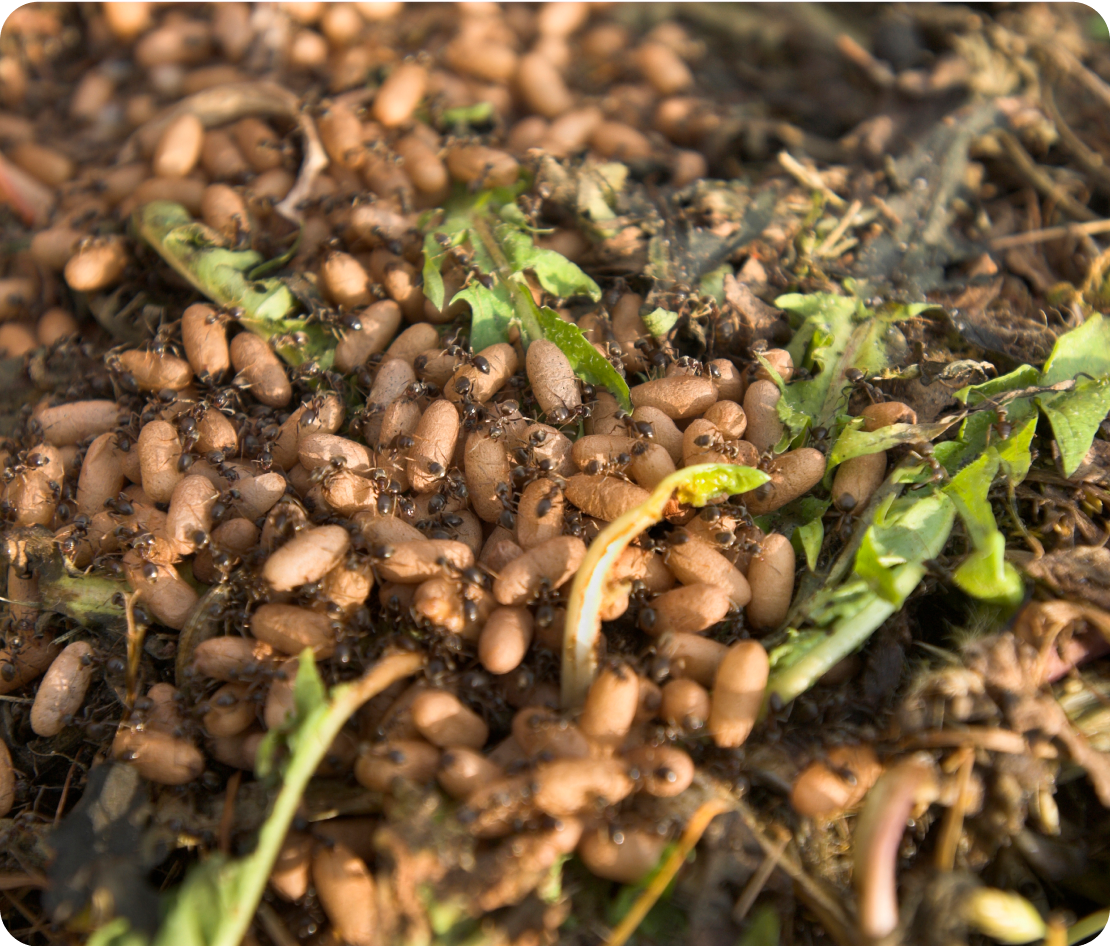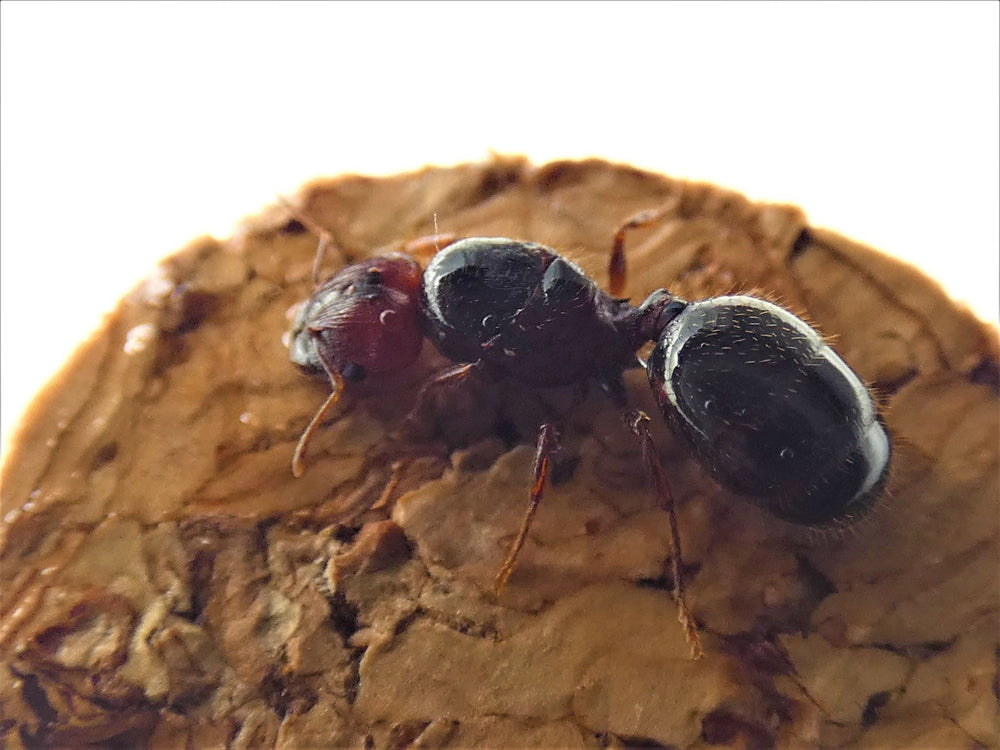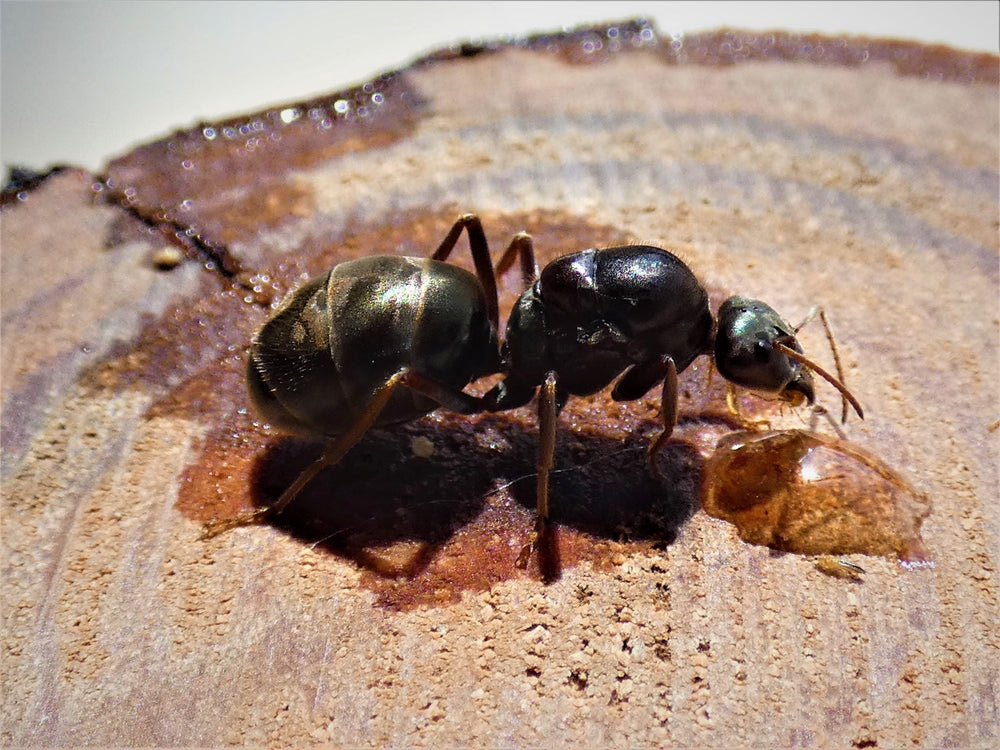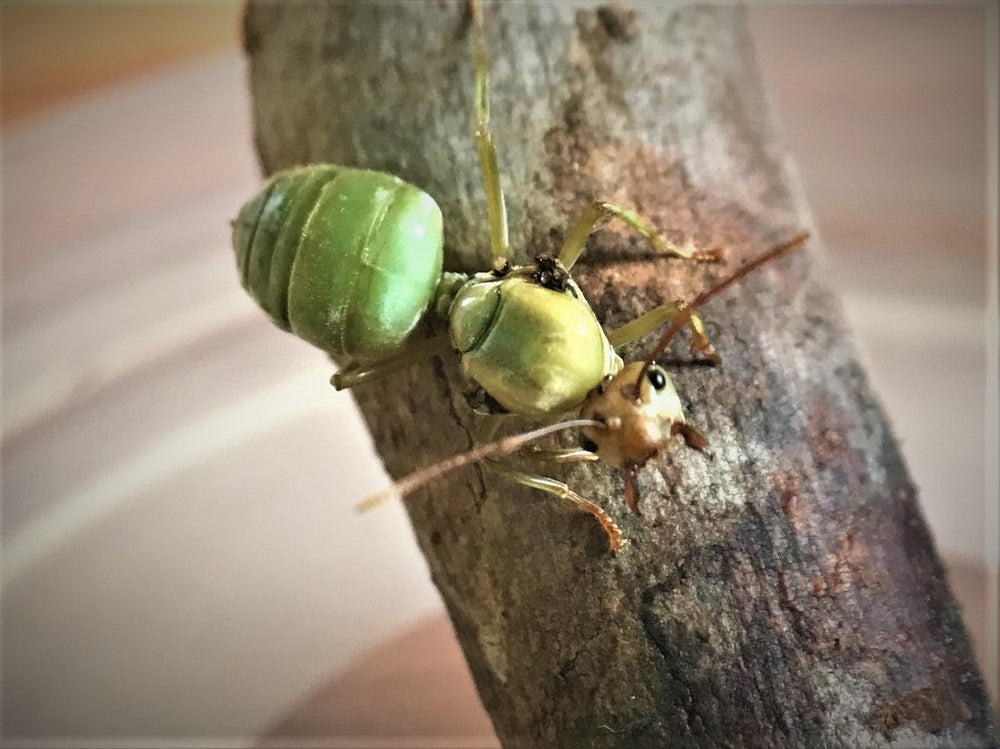Frequently Asked Questions
- I am new to ant keeping and want to know how to get started in the ant keeping hobby.
-
Welcome to the world of ant keeping! We suggest doing some initial research on ant keeping. There is a wealth of information available on YouTube, including our beginner video HERE. You can find our basic care guide HERE. If you have specific questions, we are happy to help. You can contact us HERE.
- What is the best setup for beginners?
-
Most of our formicariums are easy-to-use and suitable for beginners. We do however recommend our Start Up Sets as a great place to begin. They come with everything you need to get started in ant keeping, including a great beginner species queen ant. They contain all you the basic equipment needed for every stage of ant keeping.
- What is the best ant species to keep for beginners?
-
There are over 1300 species of ants in Australia, so there are quite a number of species suitable for beginners. We recommend starting out with a species that does not sting and are relatively hardy. Examples include Camponotus, Aphaenogastor and small Iridomyrmex, but there are plenty of other suitable species also. Please contact us if you are unsure and would like some advice.
- What does my queen need?
-
You can find our basic care guide HERE. This outlines the very basics of what your queen will need. We recommend doing further research and learn how to care for your ants. There is a wealth of information available on YouTube.
- What is the difference between claustral and semi-claustral queens?
-
Watch a quick explanation video HERE.
Claustral: Claustral queens in the wild do not leave their founding chamber to forage at all. They will use energy gained from metabolising their wing muscles that are no longer required, to sustain themselves until their first generation of workers emerges. From that point, her workers will forage for food and will feed the queen via a process called Trophallaxis. These queens are generally kept in a standard test tube set up in captivity.
Semi-claustral queens in the wild will periodically leave their founding chamber to forage and feed themselves during the founding stage. In captivity they will require feeding from the start and in some instances (such as Myrmecia) will require access to a foraging area during the founding stage. A tub and tube set up will work well in this instance.
- What should I feed them?
-
Adult ants require a liquid sugar source, such as our Ant Juice. Provide this to Semi-claustral queens straight away, and start feeding this to your claustral colony once the first workers emerge. Your colony will also require a protein source. This could come from feeder insects or our Ant Mousse. The protein helps the queen with egg-laying and helps maintain healthy growth of the larvae.
- I do not like and/or cannot keep crickets or other live feeder insects. Are there other alternatives for protein source?
-
For most ant species, freshly killed feeder insects are the best and most accepted protein source for ants. Mealworms are the easiest feeder insect to raise and keep. You can also try our convenient Ant Mousse. We have found most ants will readily accept this food, but it is always good to provide variety for your ants to ensure they are getting all the nutrients they require.
Australia’s #1 Choice For A Flourishing Ant Empire…
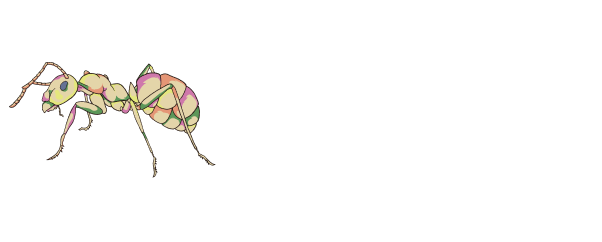
|
Other Ant Farms | |
|---|---|---|
| High-quality build |
|
Sometimes |
| Done-for-you kit |
|
Sometimes |
| 15+ ant species |
|
|
| Hand-selected queen (by a Zoologist) |
|
|
| 30-day change of mind guarantee |
|
|
| 30-day Thriving colony guaranteed |
|
|
| Fully contained nest (no escapes) |
|
|
Erin’s 6 Top Tips For A Thriving Colony…
As a Zoologist and former RSPCA inspector, it’s fair to say I love the animal kingdom. When well cared for, ant farms can live for up to 5 years! Follow these tips and watch your child’s face light up as their ant society grows before their eyes!
Healthy Diet
Ants need protein and carbs to keep healthy. Your kit comes with juice and jelly and we sell ant mousse for extra protein. You can also feed them fruits, meats, or even other insects. All ants are different, so experiment or Google your ant species to see what foods they eat!
Fresh Water
Your ants like clean water! Make sure the water is easily accessible but doesn’t put your ants at risk of drowning. A water-filled test tube or water feeder are perfect.
Ideal Temperature
Most ants thrive within a temperature range of 20-25 degrees Celsius. A quick Google check will help you learn about your ant species’ preference for temperature and humidity.
Safe Habitat
Ants need enough space to grow, without taking up too much space in your home. Ants don't actually like having space, they like to be cramped together Our farms are scientifically designed for ventilation, control, and observation too!
Cleaning & Maintenance
Regular cleaning will keep your colony in tip-top shape and prevent mould or bacteria. Remove any uneaten food, debris, or dead ants. Make sure they have enough sand, soil, or nesting material to feel at home.
Don’t Add Other Ants
Would you like it if someone else started living in your home? Your ant farm has everything your ants need for a thriving colony. Avoid bringing in other ants or queens and you’ll keep it that way!
Customer Reviews
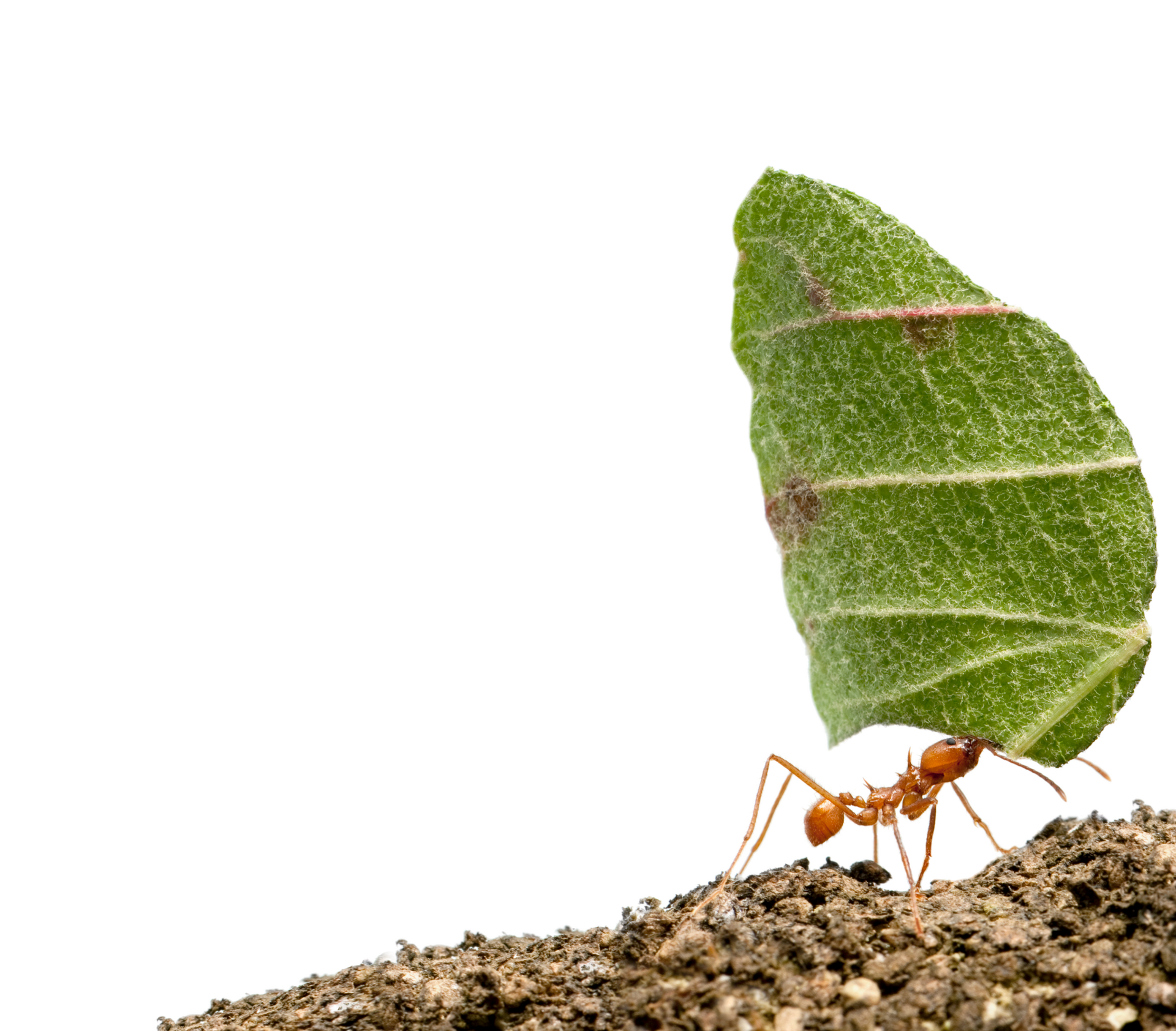
Our Royal Double Guarantee
I’m on a mission to help kids everywhere discover the natural wonders and joy of ant keeping. To make it as easy and risk-free as possible, your starter set is covered by our Royal Double Guarantee.
Here’s how it works:
30-Day Change Of Mind Guarantee
In the extremely unlikely event that within 30 days you decide this new exciting hobby is not for you, send your items back and we’ll give you a full refund.
30-Day Thriving Colony Guarantee
We go to extreme lengths to deliver healthy, fertile ants that ensure a thriving colony you’ll marvel at. That includes:
- Careful hand selection of queen ants by an expert Zoologist
- Fertility assessment prior to shipping
- Temperature-controlled storage with nutrient-rich feeding
- Protective packaging to ensure transit protection
- Expertly crafted farms that expand as the colony grows
T&C Apply
